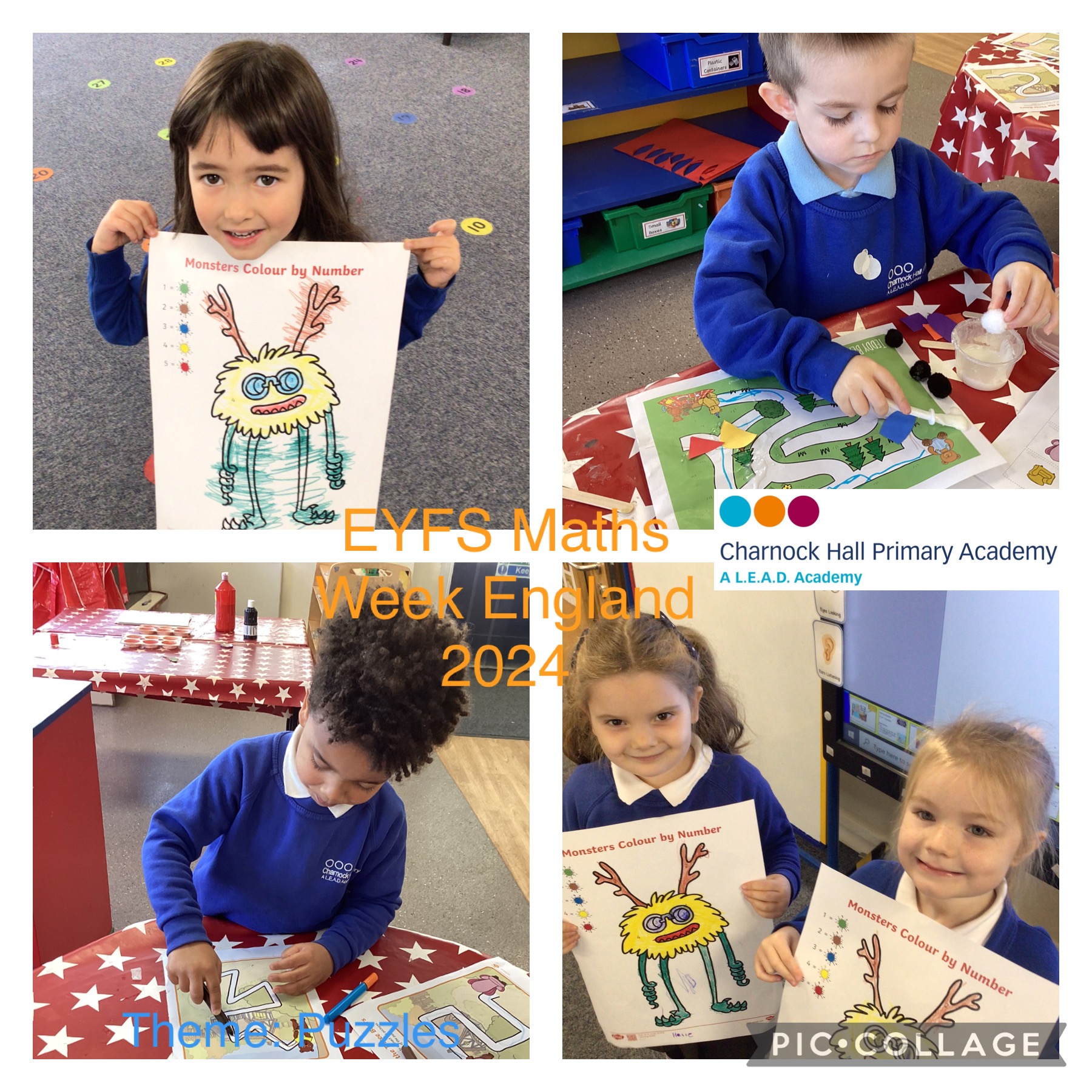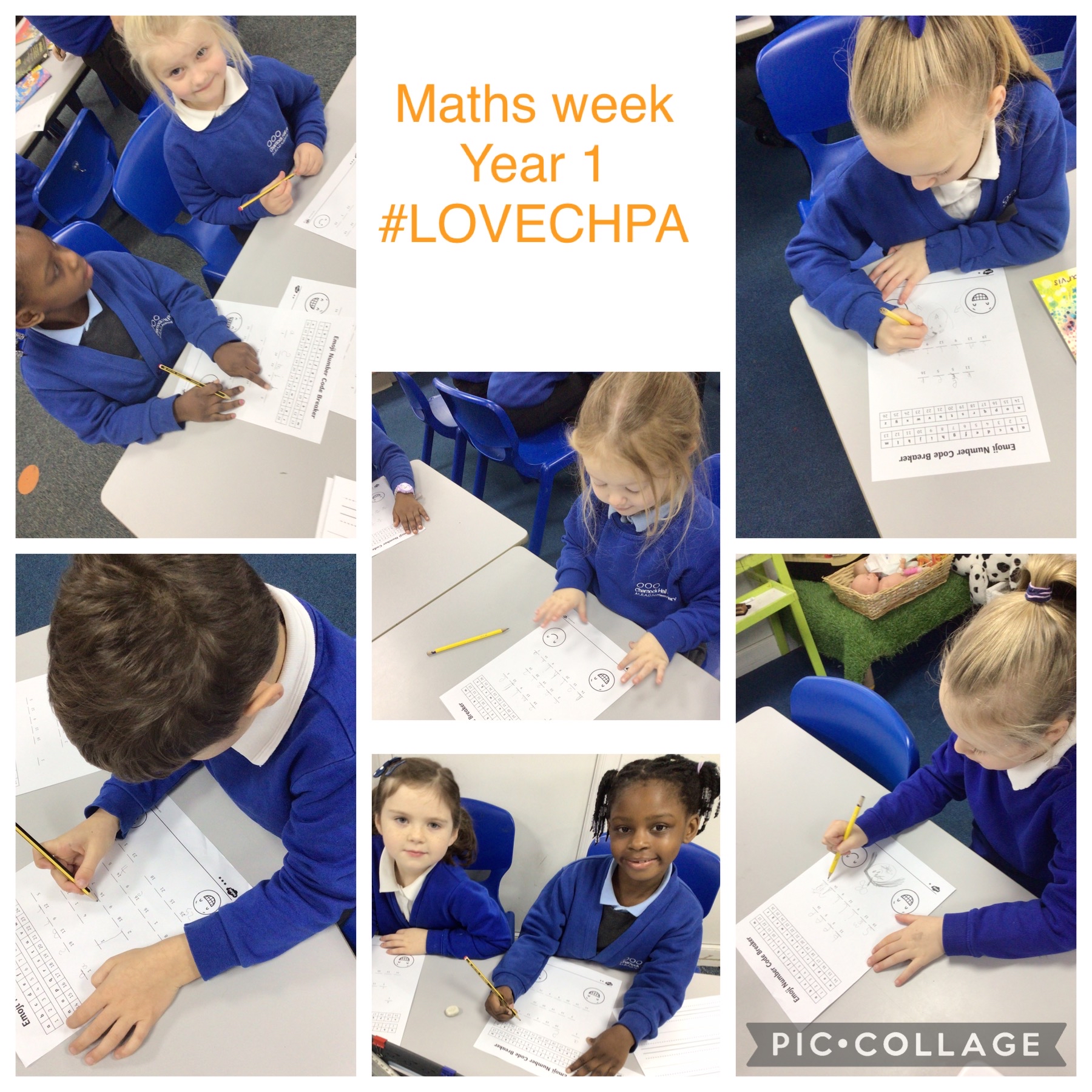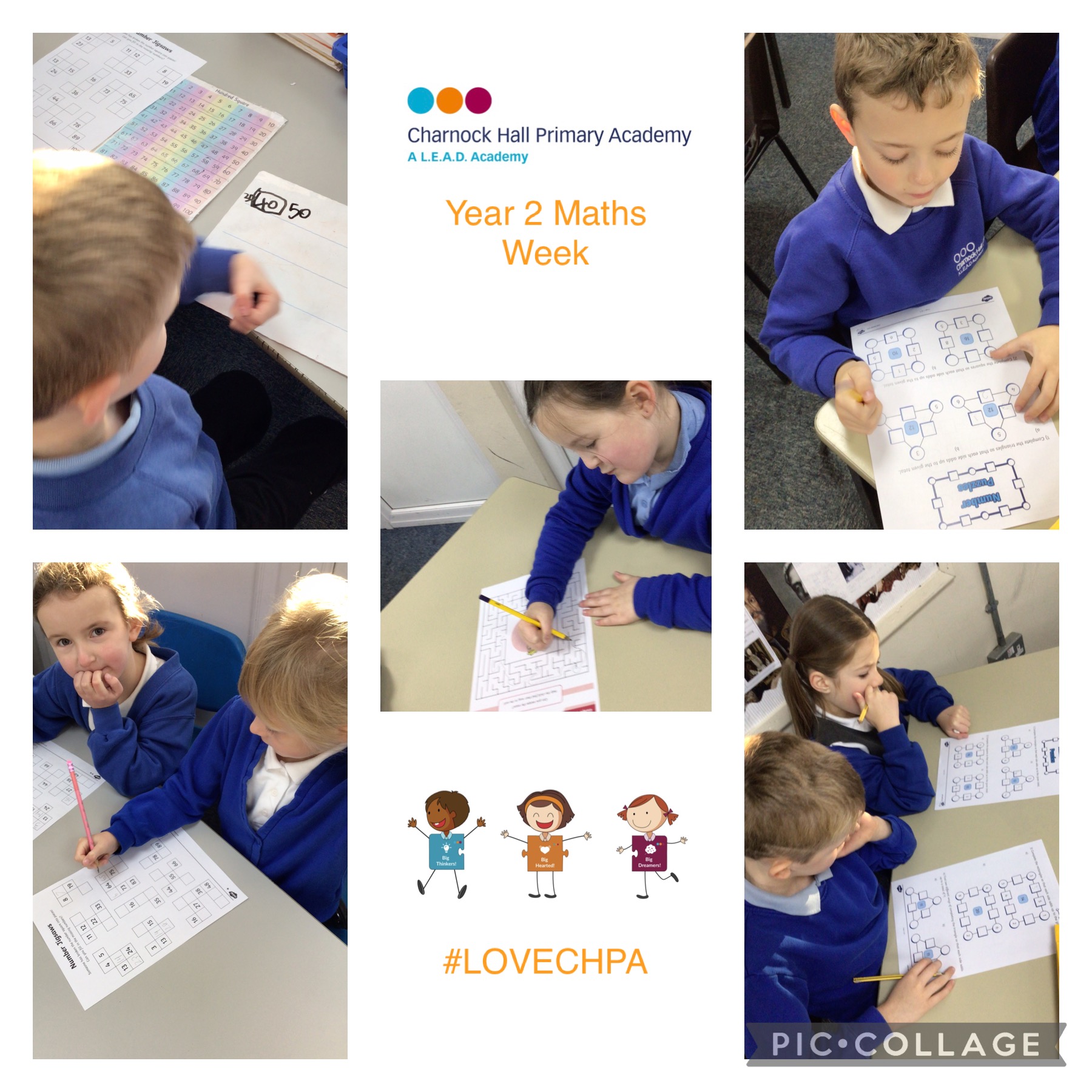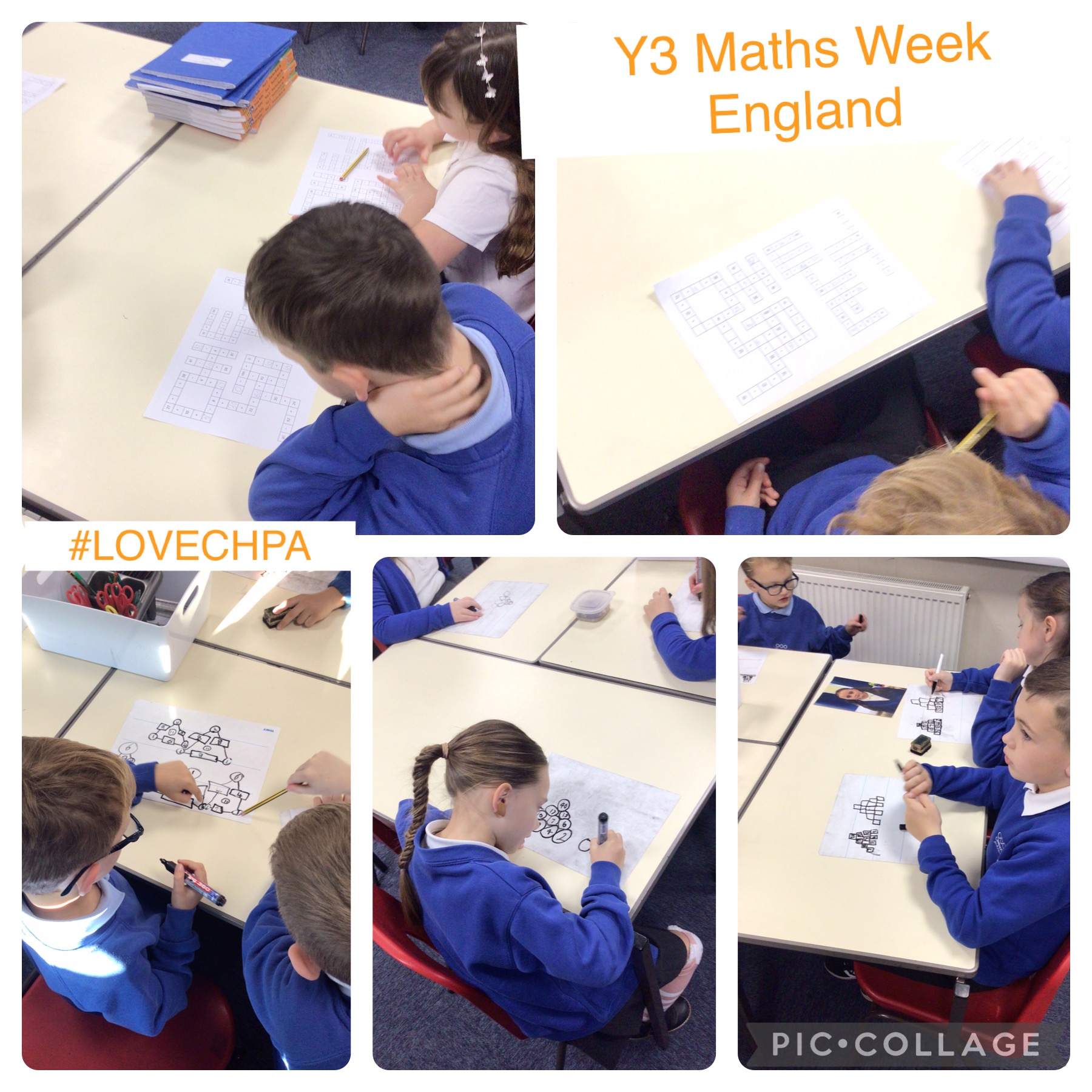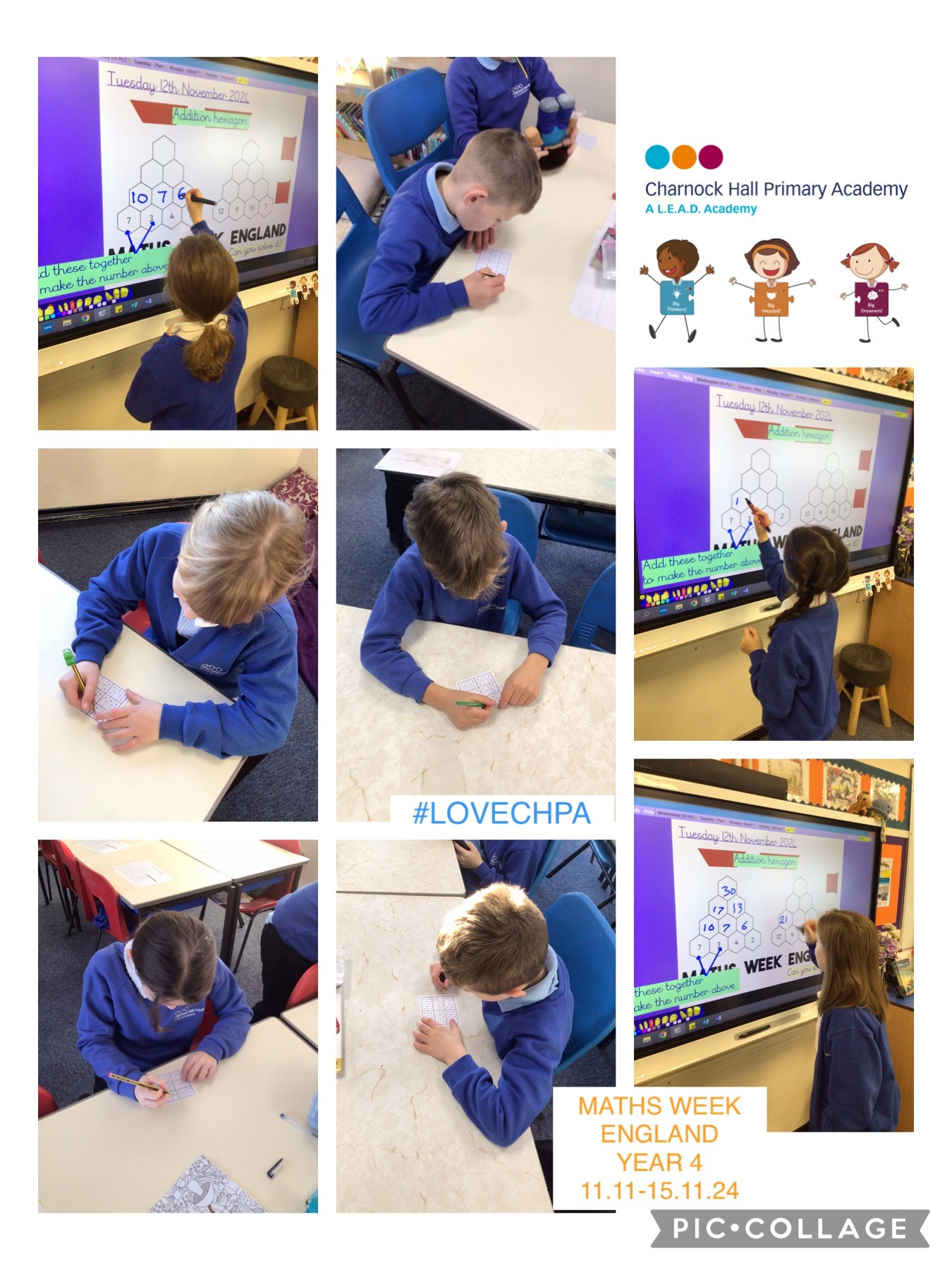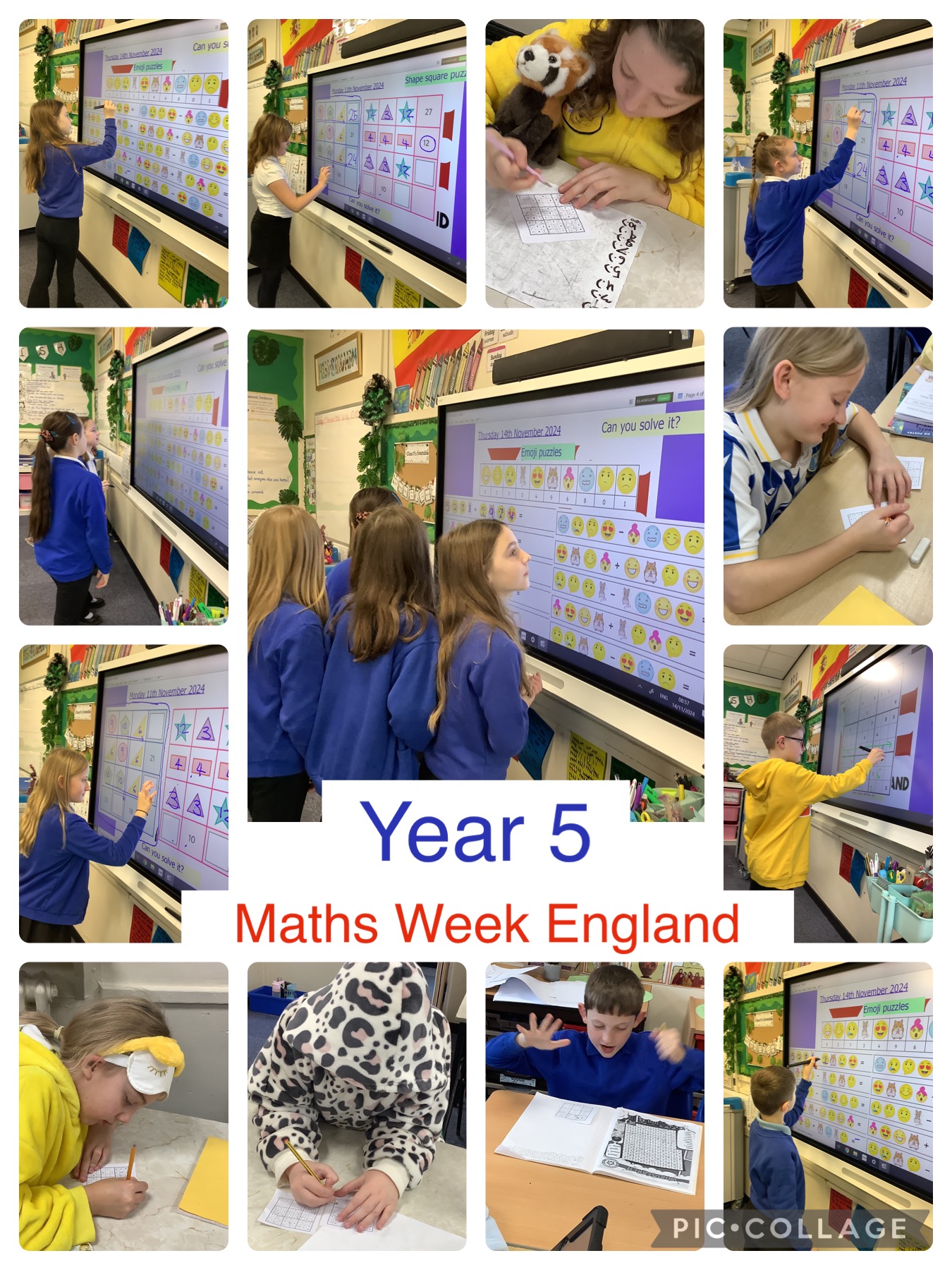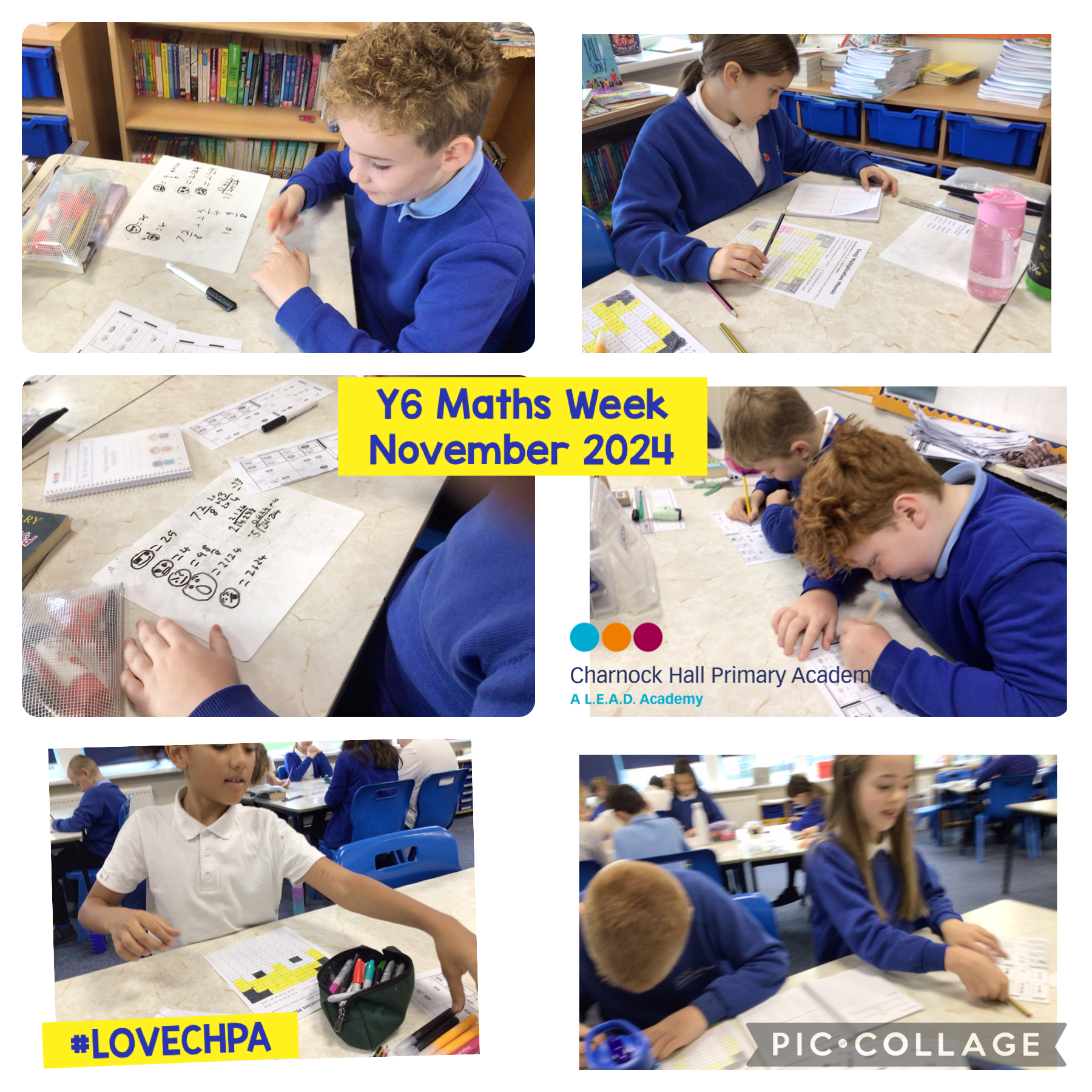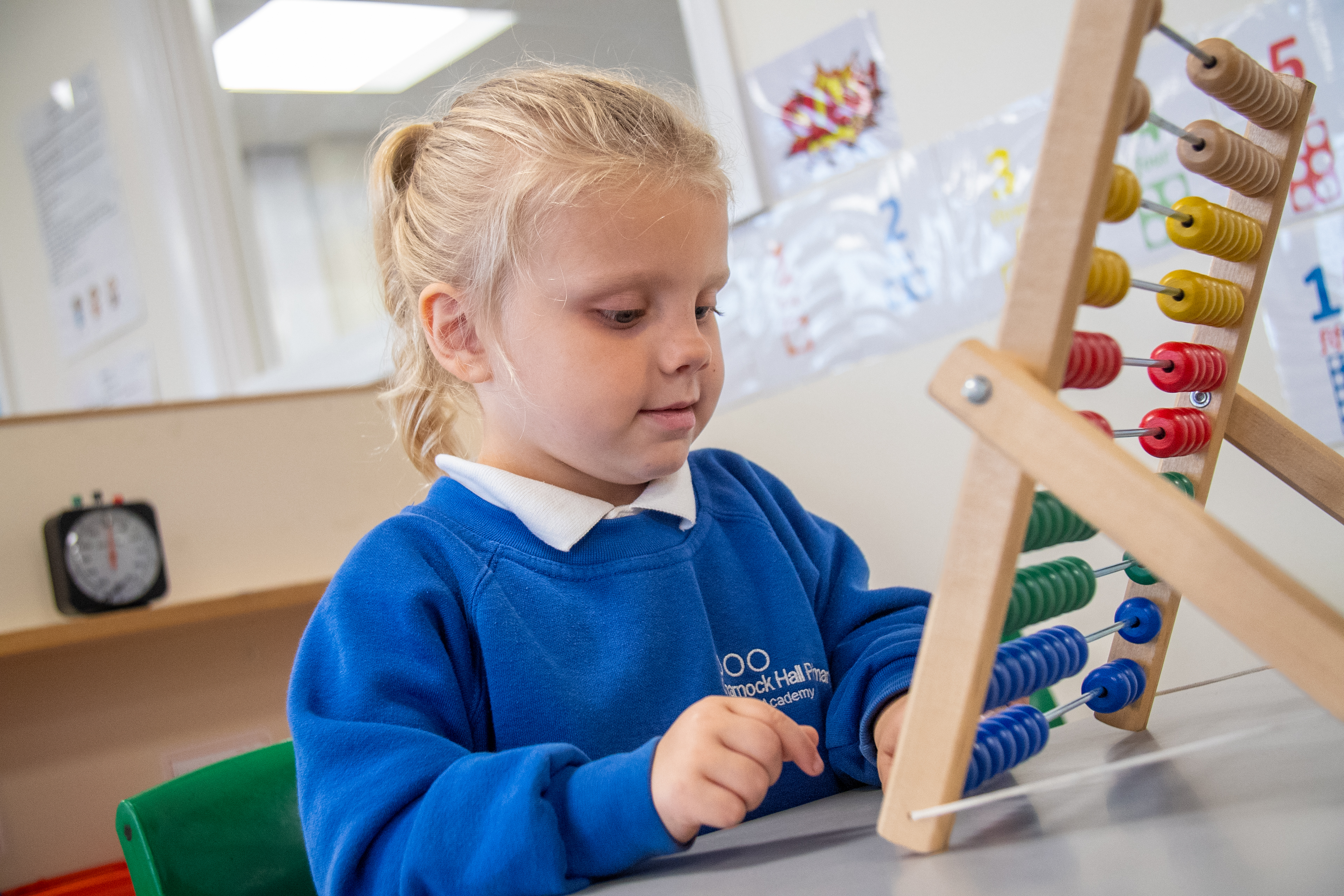
Each class has an ambassador for every subject. One of these ambassadors is chosen to be the CHPA representative. These pupils are
passionate about the subject they represent, they enjoy learning about their chosen subject and are inspirational in leading and
empowering other pupils to feel the same way.
Our Pupil Subject Ambassadors for Maths are –
Class 3 – Star
Class 4 – Noah
Class 5 – Jacob
Class 6 – Martha
Class 7 – Freddie
Class 8 – Jack
Class 9 – Lewis
Class 10 – Henry
Class 11 – Toby
Class 12 – Mikey
Class 13 – Oliver
Class 14 – Skyla
Martha is the CHPA Mathematics Representative. She said the following about Maths, ‘I love Maths. It’s not always easy but I persevere. I help others when I can and I love to challenge myself by doing deepenings.’
Freddie, a keen mathematician, also said, “I love Maths because I find Maths fun although it can be a little challenging. When it is challenging I think about all the different manipulatives, representations and methods I have been taught and use them to help me.”
Intent, Implementation and Impact
Intent
CHPA Curriculum Aims:
Implementation
Maths is an integral part of everyday life, which is why CHPA is devoted to the consistent teaching of a high-quality, engaging Maths curriculum. We teach the NCETM project ‘Mastering Number at Reception and KS1. This project aims to secure firm foundations in the development of good number sense for all children from Reception through to Year 1 and Year 2. The aim over time is that children will leave KS1 with fluency in calculation and a confidence and flexibility with number. Attention is given to key knowledge and understanding needed in Reception classes, and progression through KS1 to support success in the future. Mastering Number is taught four times a week in Reception and is taught outside of the Maths lesson in KS1 three times a week for 15 minutes as an additional lesson to Power Maths.
We also teach mastery maths through the DFE approved scheme ‘Power Maths’ in KS1 and KS2. Through a consistent approach, all staff are aware of the content of a high quality maths lesson and provide this every day. Pupils are exposed to real life problems through a discovery approach allowing pupils to contextualise the problems they encounter. Throughout lessons, pupils use concrete manipulatives to embed the concrete, pictorial and abstract approach to maths. Through the use of mathematical talk, pupils explore together and learn through collaboration with both peers and teachers. Our curriculum builds upon small steps of learning to ensure that pupils have a solid, secure understanding of topics taught. Independent learning allows pupils to develop fluency and begin to deepen their understanding. Topics follow a cycle by where we start a topic using pre-learning check to assess taught skills and to allow adaptation to meet the requirements of our pupils. Following this, lessons are taught in small steps which build upon each other. Two weeks prior to finishing the unit, pupils then sit an end of unit check to assess knowledge that has been retained. When a pupil is not secure in the concept, impact interventions are used to practise the skills. Where whole class support is needed, a strengthening lesson is taught. If a pupil shows a higher level of understanding, they then access deepening activities to further their knowledge. Our curriculum follows a long term plan to ensure that mastery can be achieved over time. Key skills and knowledge are mapped across CHPA to ensure clear progression including key concepts and vocabulary.
Impact
Pupils develop secure firm foundations in the development of good number sense and over time will leave KS1 with fluency in calculation and a confidence and flexibility with number as a result of following the Mastering Number in Reception and KS1 project. Our pupils are encouraged to use ‘stem sentences’ to support them ‘speaking like a mathematician’ to develop oracy skills and their use of mathematical vocabulary.
Through Power Maths, pupils develop a ‘can do’ attitude by developing a growth mindset when they reach a challenge. During discovery sections of learning, pupils are encouraged to experiment with a variety of methods and are encouraged to see mistakes as part of their learning. Our pupils are encouraged to ‘speak like a mathematician’ to ensure the accurate use of mathematical vocabulary. Ongoing assessment for learning inform teaching and intervention to allow all children to achieve. Through consistency in the approach, pupils are able to anticipate their learning. High quality maths lessons are achieved through a consistent approach to our teaching method.
Overview and End Points
Progression Maps
2-progression-map-addition-and-subtraction
3-progression-map-multiplication-and-division
5-progression-map-ratio-and-proportion
8-progression-map-geometry-properties-of-shapes
9-progression-map-geometry-posistion-direction-and-movement
Mathematical Vocabulary
Y1 Power_Maths_key_vocabulary_list
Y2 Power_Maths_key_vocabulary_list
Y3 Power_Maths_key_vocabulary_list
Y4 Power_Maths_key_vocabulary_list
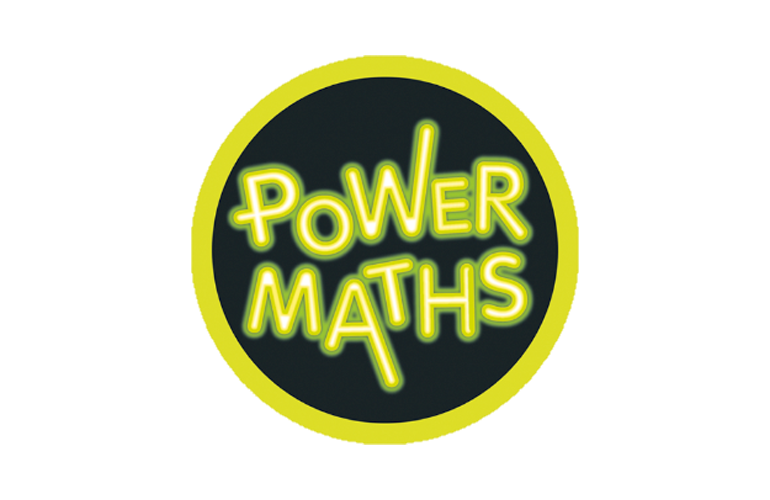
We teach the NCETM project ‘Mastering Number at Reception and KS1. This project aims to secure firm foundations in the development of good number sense for all children from Reception through to Year 1 and Year 2. The aim over time is that children will leave KS1 with fluency in calculation and a confidence and flexibility with number. Attention is given to key knowledge and understanding needed in Reception classes, and progression through KS1 to support success in the future. Application of this learning is provided through a mixture of adult led and child- initiated activities both inside and outside of the classroom through continuous provision, enhancements and challenges in order to embed mathematical knowledge. Mastering Number is taught four times a week in Reception with SSM taught once a week. Mastering Number is taught outside of the Maths lesson in KS1 three times a week for 15 minutes as an additional lesson to Power Maths.
Overviews
mastering-number-reception-overview
mastering-number-year-1-overview
mastering-number-year-2-overview
Maths Mastery LTP
At CHPA our mathematics curriculum is supported by a Department for Education (DfE) recommended scheme of work, Power Maths, which ensures that the key concepts and areas of mathematics are covered. Work is organised into units which have been closely aligned with the NCETM’s ‘Ready to Progress Criteria’ which highlights the intended learning goals for the end of each year. High quality learning is achieved through interactive teaching tools, rich, quality textbooks and lesson materials. As teachers, we ensure that this is consistently delivered, so that your child’s knowledge grows over time and they are able to apply maths successfully to real life situations.
Should you have any further questions, please speak to your child’s class teacher or follow this link to Power Maths .
Power Maths Curriculum Overviews

TT Rockstars is an online and paper game-based system that allows pupils in Key Stage 2 to enhance their multiplication skills. Times tables are set and tracked based on the individual’s needs and multiplication facts which the pupil is consistently taking longer to answer are targeted and presented more frequently until the user has mastered them. Children use a variety of games and competitions to practise their multiplication fluency and teachers can track their progress using a range of online tools, which informs our teaching. We also hold termly Times Table Rockstar tournaments to engage and enthuse pupils in their learning while working towards the ultimate prize of the TTRS trophy!
Every pupil is provided with a login and password, to enable them to access the TT Rockstars system via PC, laptop, tablet by following this link https://play.ttrockstars.com/
An app can also be downloaded onto tablet or mobile phone vie the following links
Go and earn some coins and strive to be at the top of the leaderboard!

NumBots is an online learning platform that allows pupils in Key Stage one and EYFS to develop their understanding, recall and fluency of mental addition and subtraction facts. This supports pupils in moving from counting to calculating. Through different game modes, pupils are presented with a tailored programme in which target questions are presented until pupils have mastered efficient recall of facts. Teachers monitor and track progress and use this information to tailor teaching to the needs of pupils.
Every child is provided with a login and password to enable them to access the NumBots programme via PC, laptop or tablet by following the link here. https://numbots.com
An app can also be downloaded onto a tablet or mobile phone using the following links:

The White Rose 1-Minute app allows children to build greater number confidence and fluency through small minute sized learning chunks. Pupils answer a unique set of questions before receiving tailored feedback on their performance. Topics covered include addition and subtraction, subutising and multiplication and division. Hints and helpful clues are shown when pupils appear to be struggling.
The app can be downloaded using one of the following links
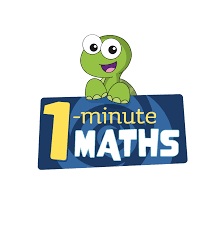
At CHPA, we celebrate Maths throughout the year with a focused day, week or month to further raise the profile of Maths. These celebrations are launched through a whole school assembly approach and then activities are carried out and completed in individual classes as well as through mixing classes and key stages. Activities are all aimed to be practical, highly engaging, challenging and most of all fun!
This academic year 2024/25 we will be celebrating:
Good luck and enjoy your maths!
By the end of Key Stage 2, we strive to ensure that our pupils are fluent in the fundamentals of Mathematics with a conceptual understanding and the ability to recall and apply knowledge rapidly and accurately. Our pupils have the skills to solve problems by applying their Mathematics to a variety of situations with increasing sophistication, including in unfamiliar contexts and to model real-life scenarios. Further to this, pupils will be able to reason mathematically by following a line of enquiry and develop and present a justification, argument or proof using mathematical language. These skills will be as a result of our teaching of, and curriculum for Mathematics, which is designed to prepare pupils for their future in and outside of education so that they can become successful in whatever they pursue by leaving our academy by being at least at the expected standard for their age.
Through our curriculum for Mathematics, we ensure that pupils are well-equipped for life in modern Britain. Through purposeful subject linkage, such as developing understanding of fractions and percentages through voting systems, we aim for our pupils develop an excellent understanding of democracy, the rule of law, responsibility and liberty, mutual respect and tolerance of those of different faiths and beliefs.
Further to this, our curriculum for Mathematics is also driven by SMSC development and this can be exemplified in the following ways;
NSPCC Number Day
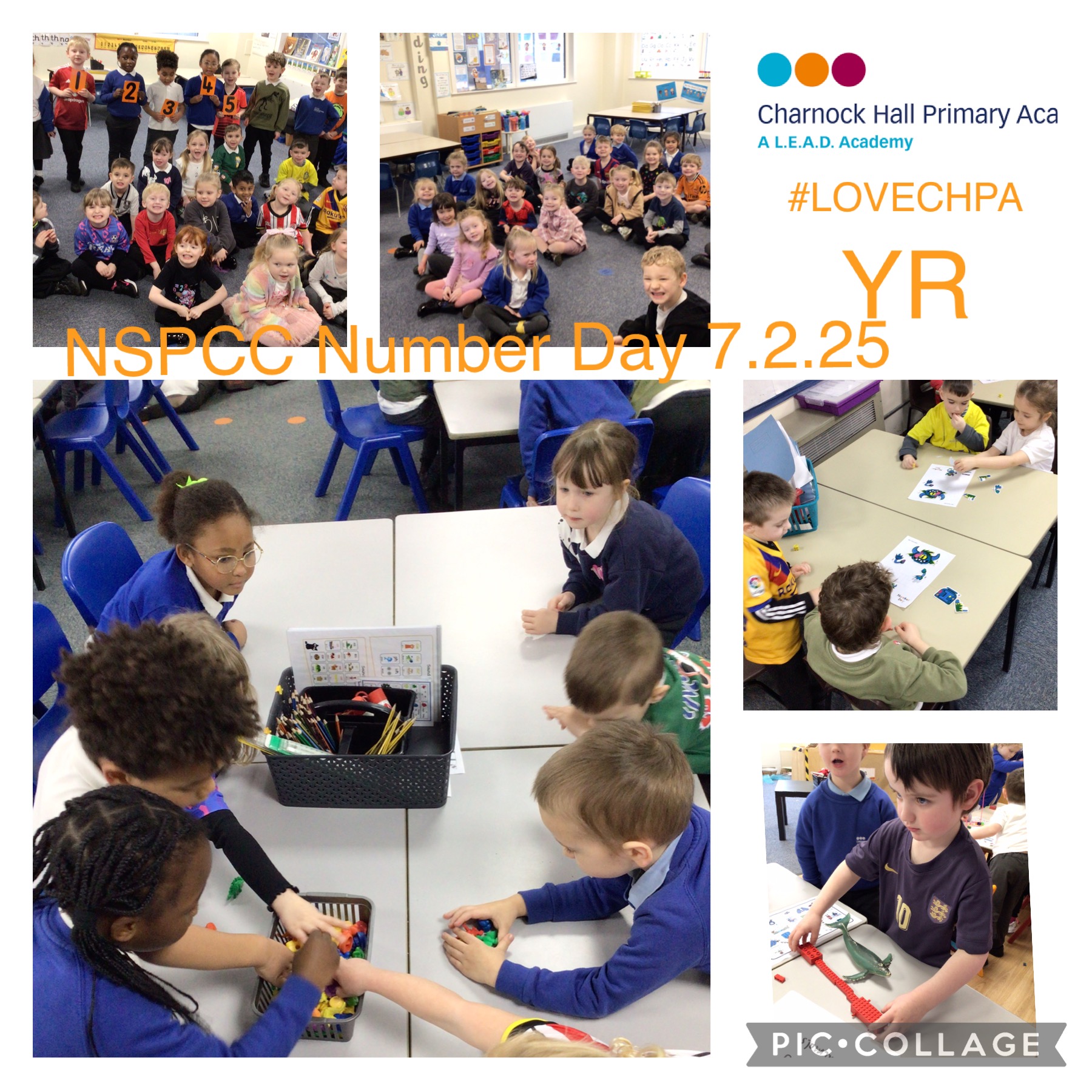
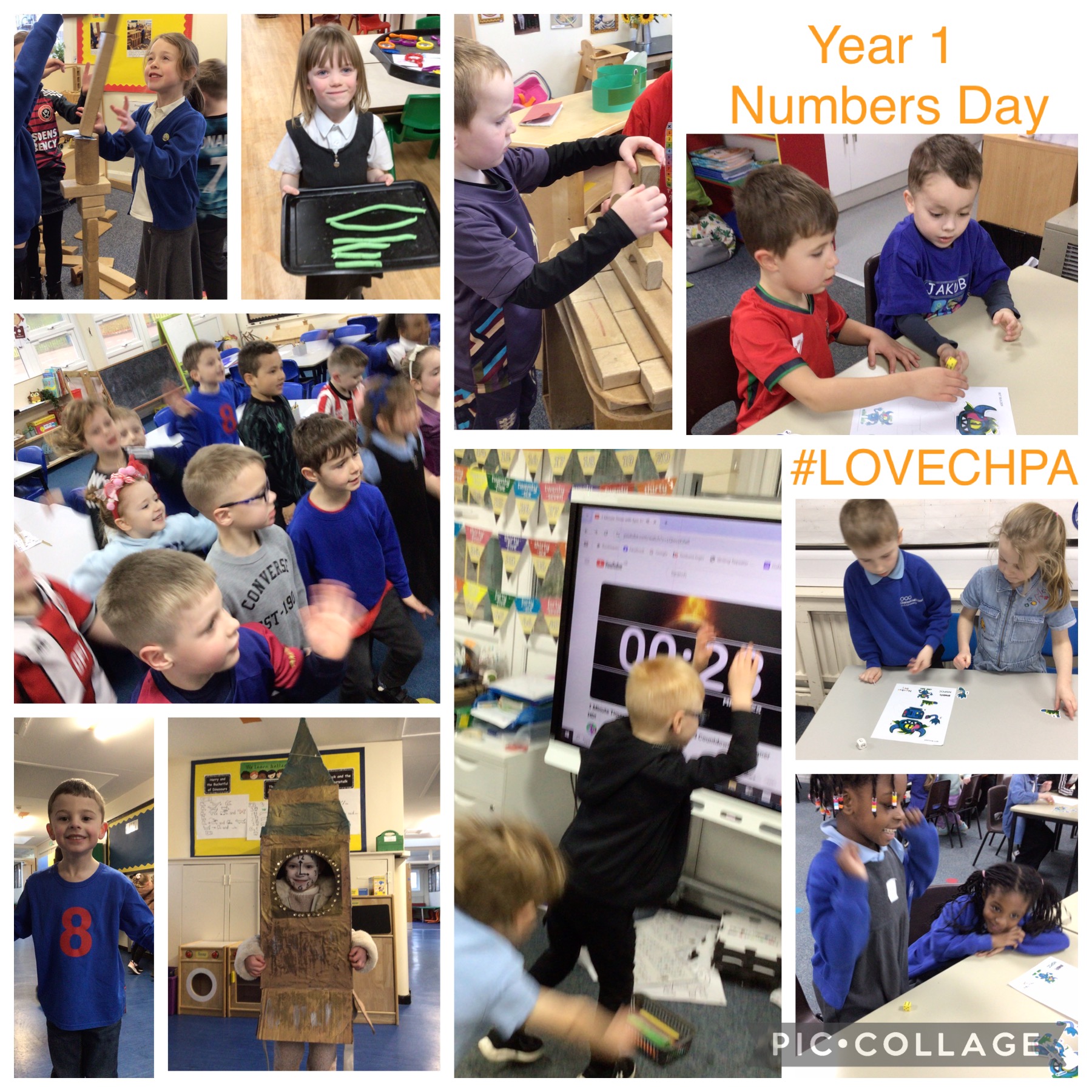
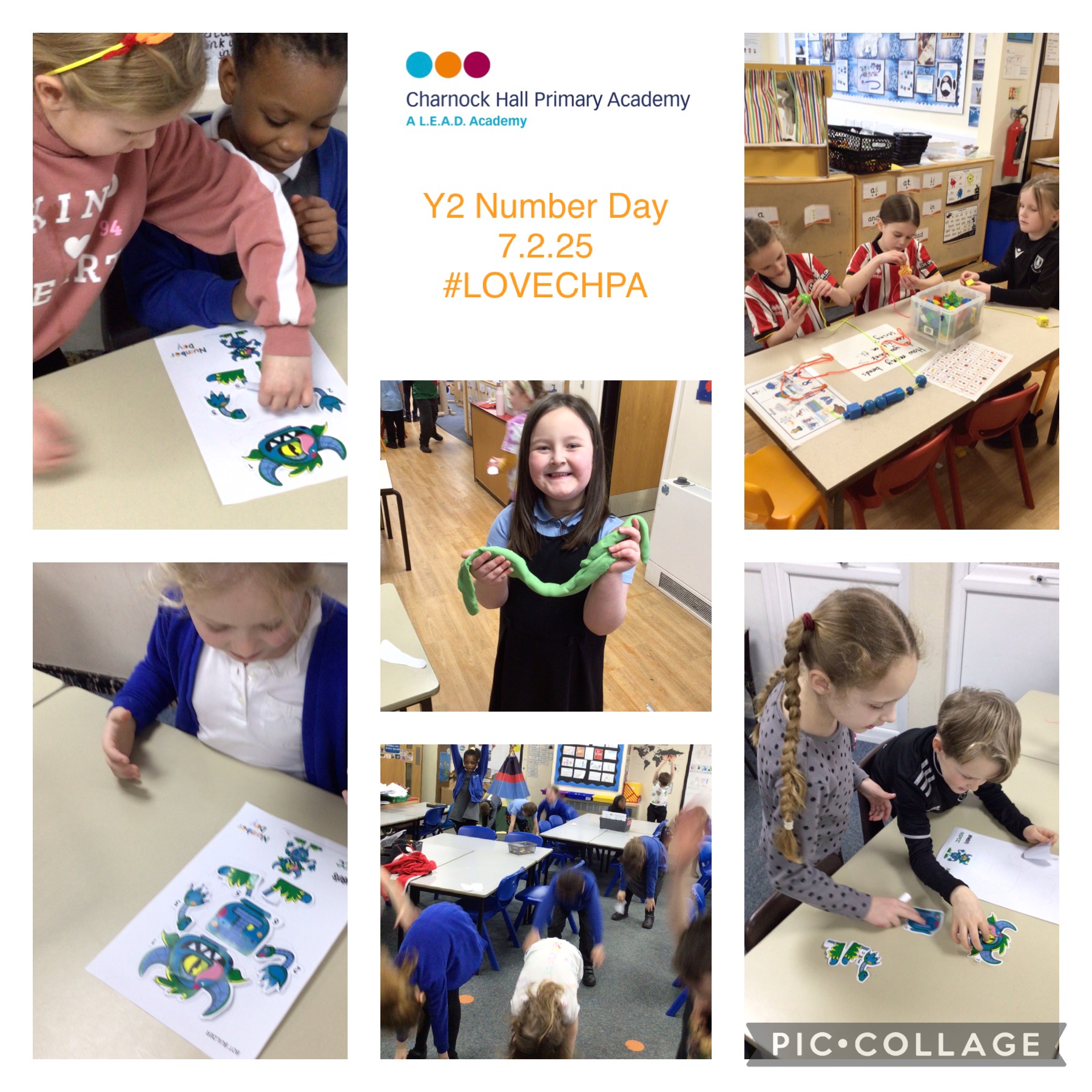
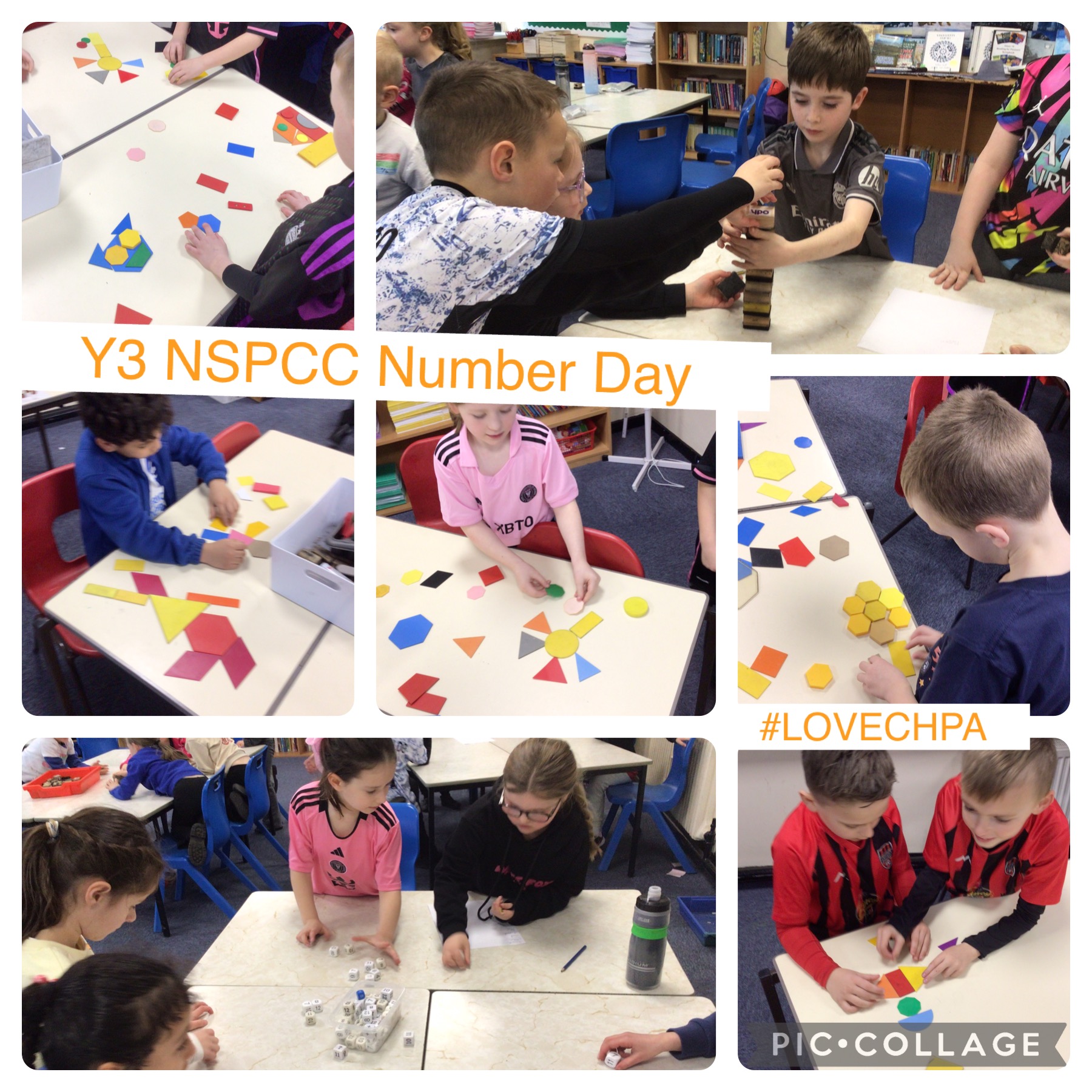
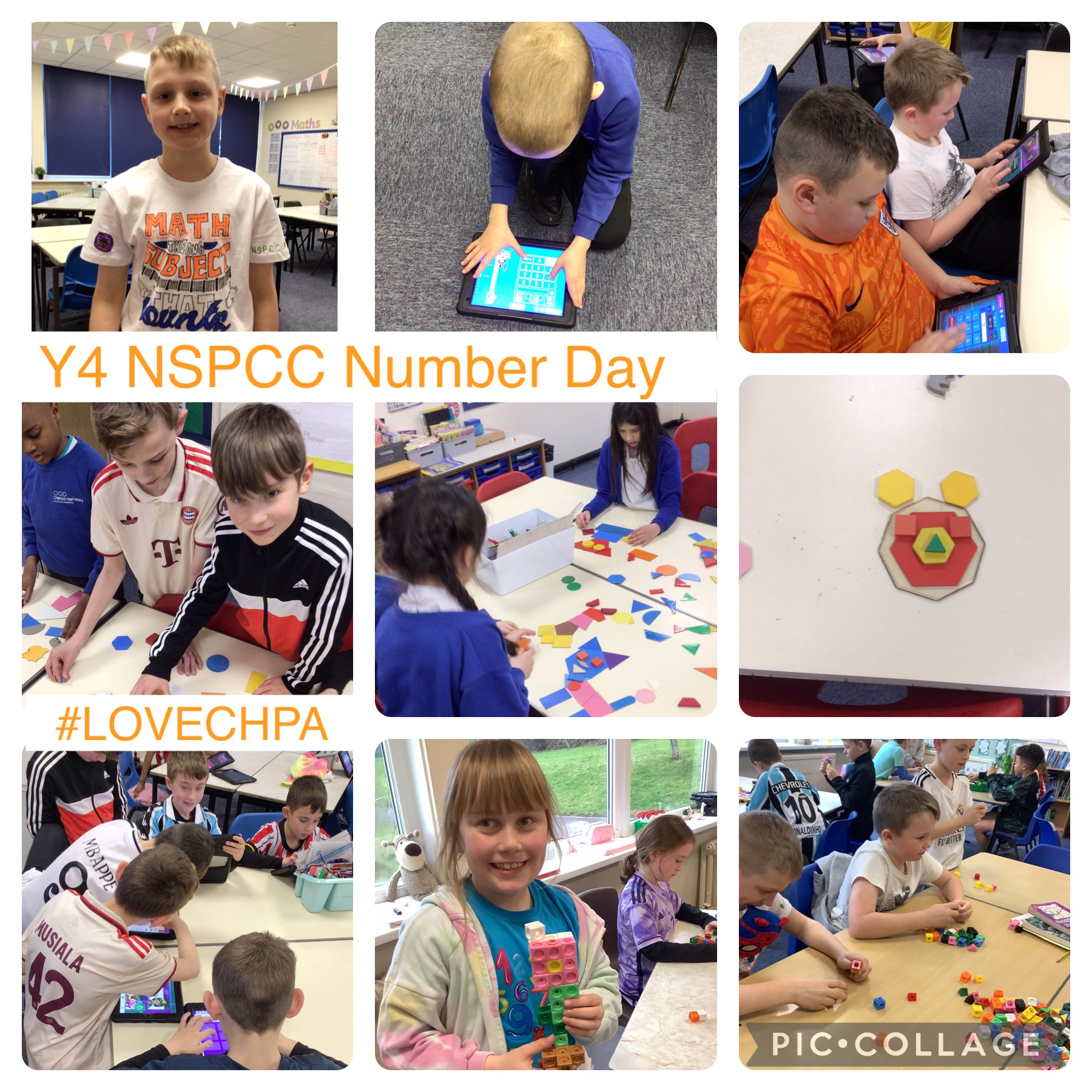
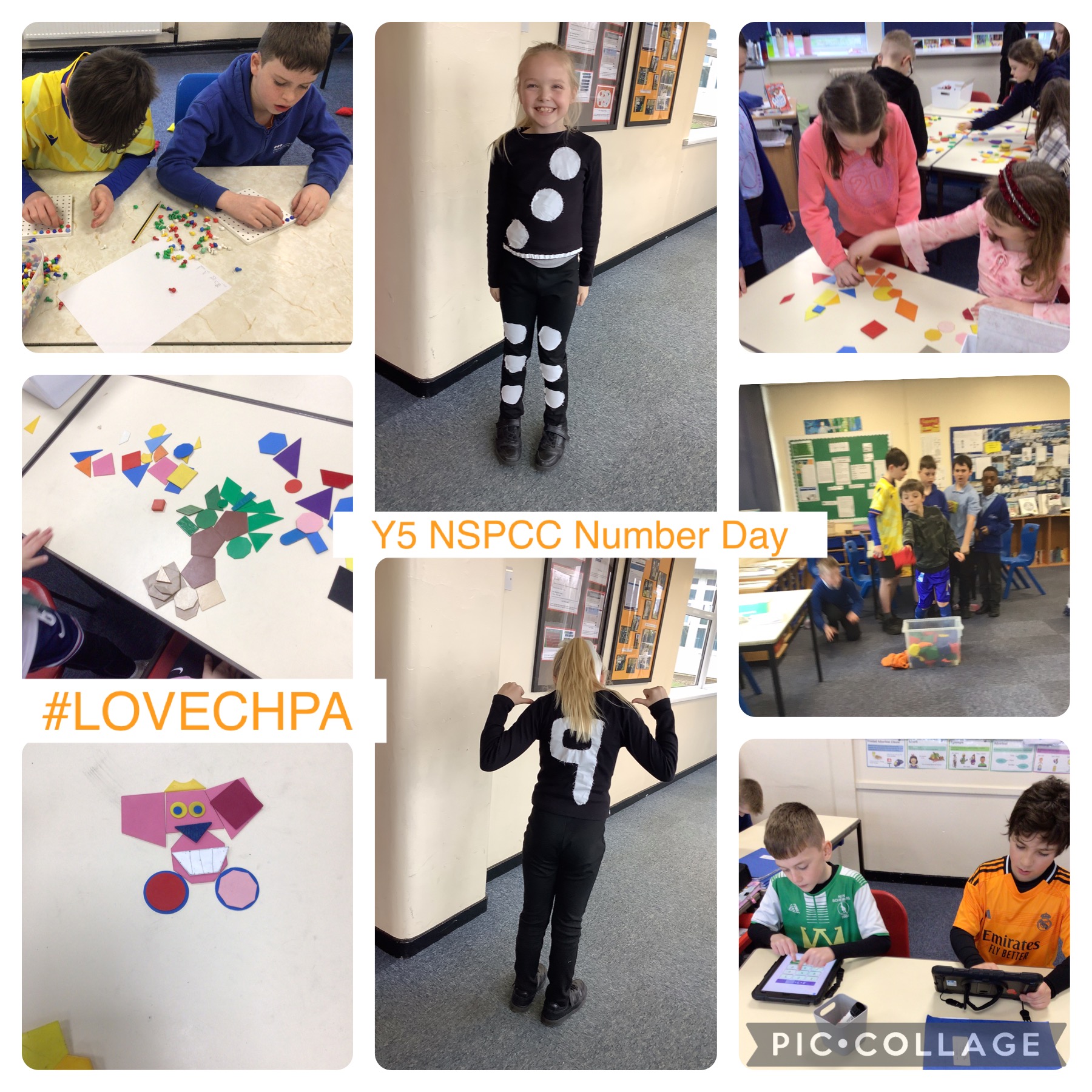
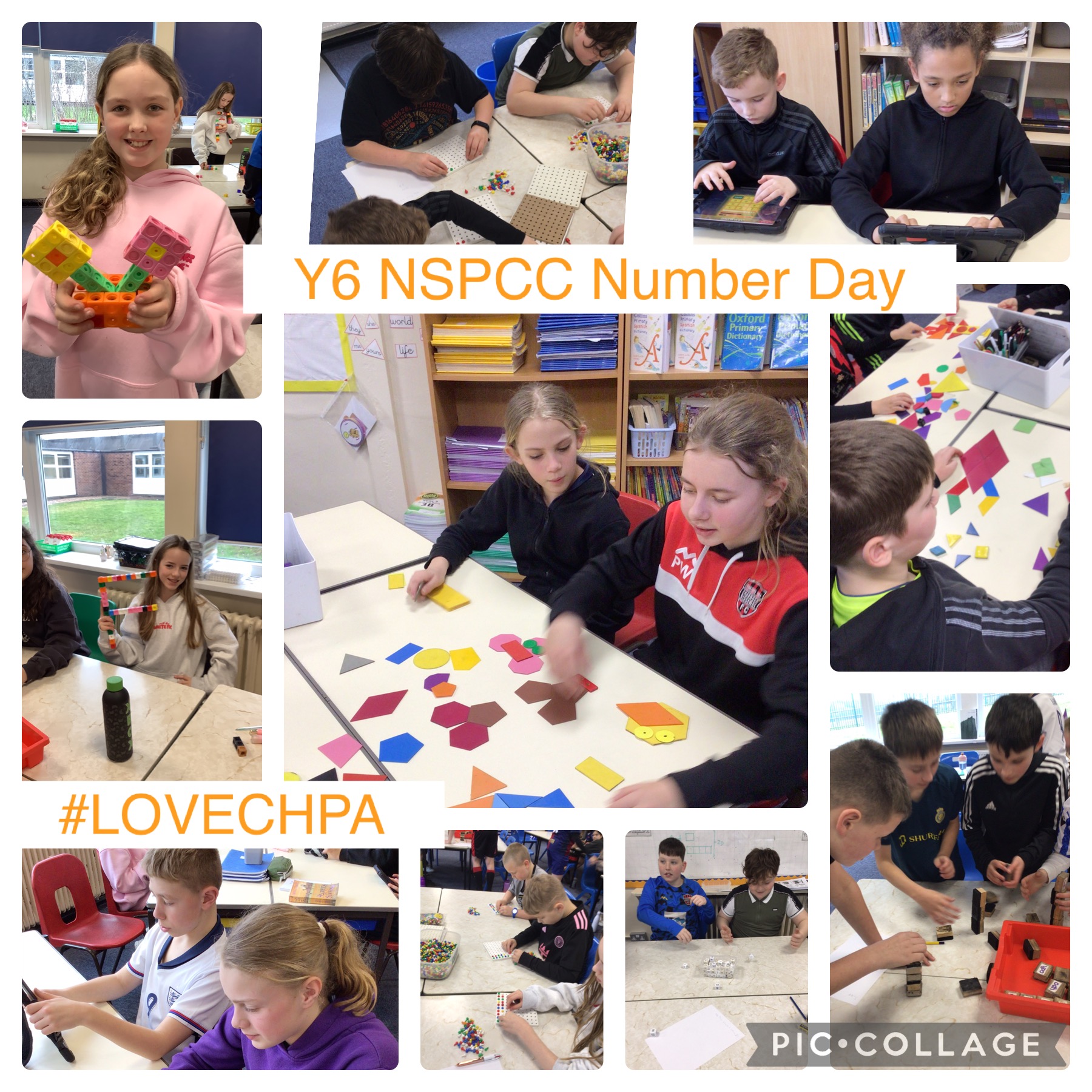
Maths Week England
